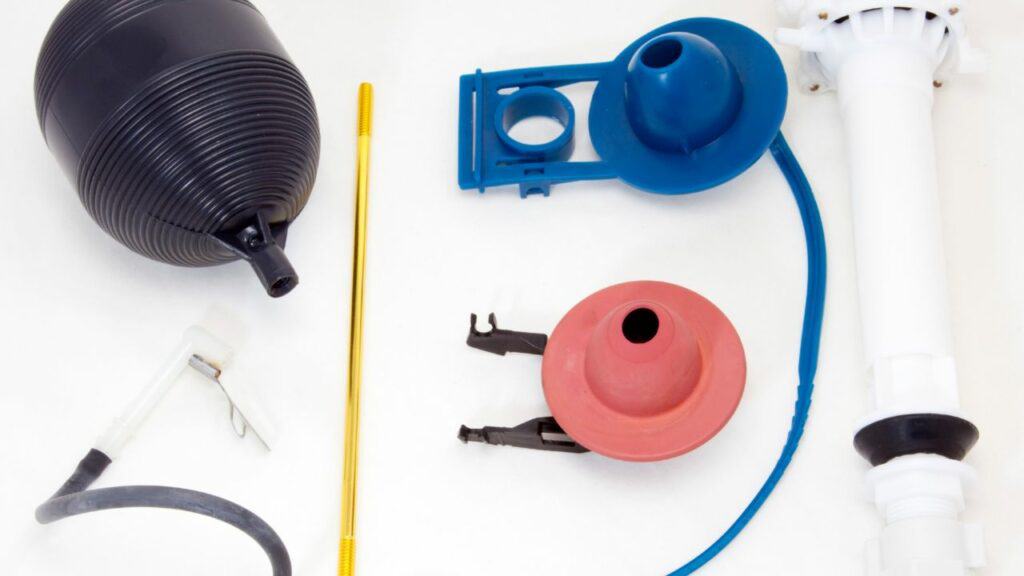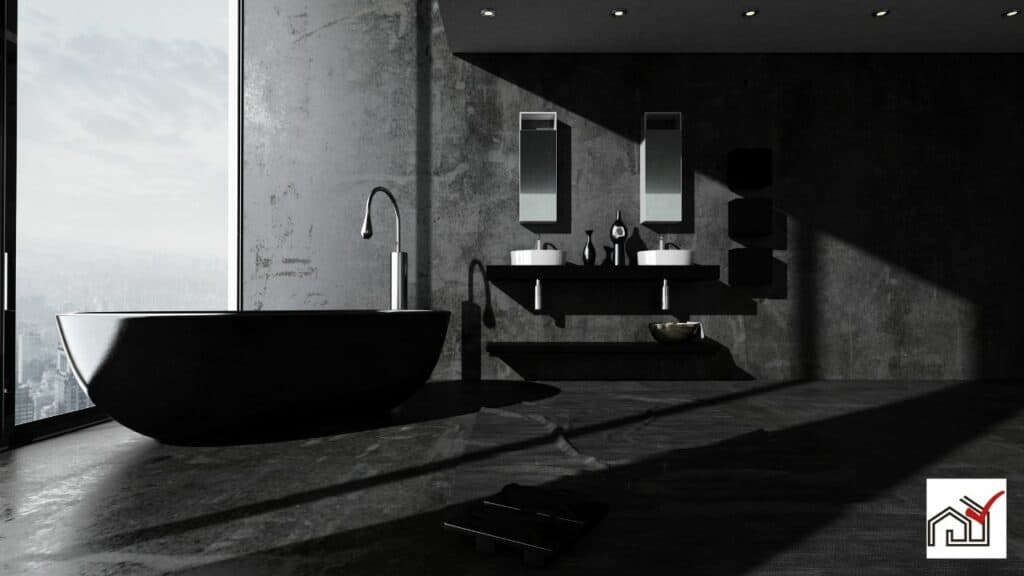If you find no hot water in your shower or sink, first check the water heater to make sure it's working and set to the right temperature.
Then examine valves and fixtures for blockages or faults, including the mixing valve or aerator.
If the problem persists, consider that sediment buildup in the system could be the cause.
For a safe and proper fix, it's best to hire a professional plumber who has the expertise to tackle complex plumbing issues and restore your hot water supply.
Verify Your Water Heater Status
Check your water heater to determine why there's no hot water. Make sure it's on and working. First, check the thermostat; if it's too low, raise it to the desired temperature. If the thermostat is set correctly but there's still no hot water, the problem may be more serious.
Water heaters often have sediment buildup that can hinder performance. The sediment can prevent the heating element from heating the water effectively. Regularly flushing the tank can prevent this issue. If you're unsure how to do this, consider hiring a professional.
For gas water heaters, ensure the pilot light is lit. If it's out, relight it following the manufacturer's guidance. For electric models, check the heating element for proper function, as a faulty element can cause a lack of hot water.
Check the dip tube as well; if it's broken, it can cause cold water to flow instead of hot. Also, make sure the water heater's capacity is sufficient for your needs.
If you've tried these steps and still don't have hot water, contact a professional plumber for further diagnosis and repair.
Inspect Shower and Sink Valves
If there's no hot water in your shower or sink, check the valves for any issues. The mixing valve in the shower, which mixes hot and cold water, could be faulty if you only get cold water. Also, ensure shower valves and pressure-balancing valves that control water temperature are working correctly, as they could affect hot water flow.
Examine the anti-scald device in modern showers, as an incorrect setting can limit hot water. For sinks, look for blockages or malfunctions in the faucet valve, which could stop hot water from coming through. Complex problems like cross-connected pipes or a broken cartridge may need a plumber's help.
Maintain these valves regularly to avoid such problems. If you can't find the issue or fix it, call a professional plumber to get your hot water working again.
Troubleshoot the Mixing Valve
A malfunctioning mixing valve may cause insufficient hot water in showers or sinks. The mixing valve balances hot and cold water to ensure a comfortable temperature. Wear or mechanical issues can lead to malfunction, causing cold showers.
To troubleshoot, first check the rotational limit stop, part of the anti-scald device, to ensure it's set correctly to allow sufficient hot water flow. Adjust it as per the manufacturer's instructions if needed.
If the issue remains, use a thermometer to test the water temperature. A large difference between the set and actual temperature may mean the valve is faulty and might need recalibration, repair, or replacement.
Repairing or replacing a mixing valve should be done by a licensed plumber to avoid further damage or safety risks.
Check for Sediment Buildup
Sediment buildup in a water heater tank can reduce hot water supply. Minerals and debris in water can settle at the tank's bottom, forming a barrier that hinders heating efficiency. This can lead to increased energy use and reduce the water heater's lifespan.
To check for sediment, drain some water from the tank's valve and look for cloudiness or particles. If present, flush the tank to improve function.
Some modern faucets have anti-scald features that may affect hot water output if set incorrectly. If adjusted properly and there's still no hot water, the water heater tank's sediment could be the issue.
Regular tank flushing can maintain hot water availability and extend the water heater's life.
Contact a Professional Plumber
If troubleshooting doesn't fix your hot water issue, it's important to call a professional plumber for an effective solution. Professional plumbers have the skills and tools needed to find and fix complex problems, such as a malfunctioning rotational limit stop which can cause a lack of hot water in showers or sinks.
Professional plumbers are equipped to safely disassemble and reassemble parts, using tools like Allen wrenches correctly to prevent additional damage.
Access to hot water is essential for comfort and hygiene. If you're experiencing a lack of hot water, avoid guessing or attempting repairs yourself, as this could be unsafe or cause more damage. Instead, a professional plumber can provide a quick and lasting fix.
In areas such as Sarasota, Bradenton, Tampa, Naples, and Orlando, there are reliable plumbing services available. These professionals can quickly attend to your needs and ensure your hot water system is working properly. By hiring a professional plumber, you can be confident that the issue will be resolved by someone with the right qualifications.





